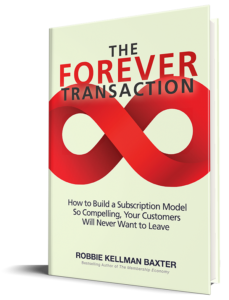When you assume, you make an ASS out of U and ME.
The tech companies I work with need to move quickly, and don't always have the luxury of doing primary research on their customers and prospects. In many cases, actual historical data is available, which can be an even better source of information on preferences and concerns. However, in some cases, companies have to go on their intuition, or base decisions (even some important ones) on the feedback of a few, potentially irrelevant, voices.
At Booz-Allen, where i started my career, they called this "mothe-in-law" research–it's like when you go to dinner at your in-laws and tell them about your company, which targets teenagers, and your mother-in-law tells you why SHE wouldn't buy the blinged out mobile phone covers or subscribe to a feed of the latest underground music. Interesting, but not relevant.
I see this trend in volunteer organizations as well, cases in which one or two volunteers make assumptions about "everyone" and the rest of the group is swayed by their confident assertions. "No one will come on a Sunday because of church" –is that really true? Maybe if you are organizing choir practice,but not as likely for a soccer game or a bookclub.
Take a poll. Ask your audience. The technology exists to make it easy to get relevant and broadbased data. It's not as hard as you think. And you might just get better results!


